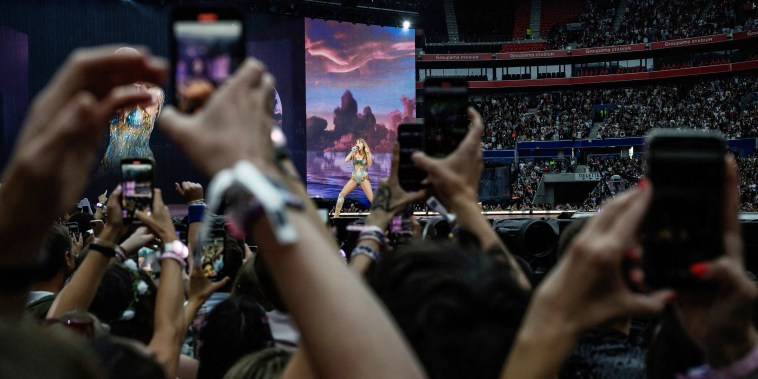The Funflation Effect: Understanding the Increase in Spending on Travel and Entertainment
Consumer spending patterns have been significantly impacted by the ongoing changes in the global economy and societal dynamics. One such trend that has gained momentum in recent years is the Funflation Effect, where Americans are increasingly allocating a larger portion of their budgets towards travel and entertainment. This shift in spending behavior is driven by a combination of factors, including changes in consumer preferences, economic conditions, and technological advancements.
One of the key drivers behind the Funflation Effect is the changing priorities and preferences of American consumers. In today’s fast-paced world, people are placing greater importance on experiences and personal fulfillment over material possessions. As a result, there is a growing desire to seek out unique and memorable experiences, such as traveling to exotic destinations or attending live events and performances. This shift in mindset has led to an increased willingness to spend on leisure activities, driving the growth of the travel and entertainment industries.
Furthermore, economic conditions play a crucial role in shaping consumer behavior. As the economy has gradually recovered from the Great Recession of 2008, Americans have experienced increased confidence in their financial stability. This has translated into higher disposable incomes and greater willingness to splurge on non-essential goods and services. The availability of affordable travel options, such as budget airlines and online booking platforms, has also made it easier for consumers to indulge in leisure activities without breaking the bank.
Technological advancements have also played a significant role in fueling the Funflation Effect. The proliferation of social media and digital platforms has created a culture of sharing experiences and seeking validation from peers. As a result, there is a natural inclination to showcase one’s lifestyle through travel photos, event check-ins, and other forms of social proof. This desire for social validation has further incentivized individuals to invest in experiences that can be shared and celebrated with others, driving up spending on travel and entertainment.
In conclusion, the Funflation Effect reflects a broader shift in consumer behavior towards prioritizing experiences and enjoyment over material wealth. As Americans seek out meaningful experiences and moments of joy, they are increasingly allocating a larger portion of their budgets towards travel and entertainment. By understanding the underlying drivers of this trend, businesses in the travel and entertainment industries can better cater to evolving consumer preferences and capitalize on the growing demand for leisure activities.
